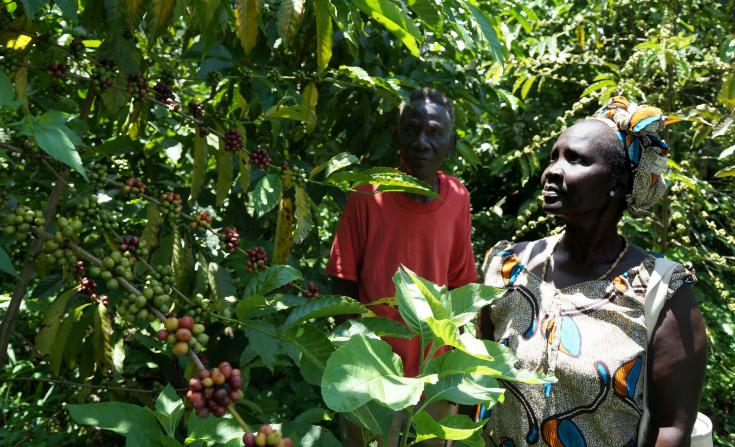The first coffee to be exported from the new country of South Sudan will be available to consumers in the coming weeks.
And the story of how Suluja — a bold, silky textured coffee with intense aromas — came to be created is no ordinary one.
As the first non-oil export out of the country in more than a generation, the coffee’s journey from farm to consumer is the culmination of a unique project to kick-start an exciting new chapter for the people of the war-ravaged country. It is also a perfect example of how businesses and NGOs can work together to create positive social and economic change in the world.
Having witnessed the impact coffee-farming can have in bringing peace to communities, having lived in Colombia for five years, Nespresso CEO Jean-Marc Duvoisin is excited about the positive social impact this venture will have: “When people have means of living, access to money and land for the family to live on and work from, there is peace.”
Nespresso is banking on its consumers being interested in unique coffees such as Suluja and seems to be confident, already having invested around $724,000 in reviving coffee production in Yei. By the end of 2016, that figure will be around $2.59 million.
“In South Sudan, coffee will be the second export after oil. There is always conflict linked to oil revenues, but you never have that with coffee because people have to work at it every day to get their rewards,” says David Browning, senior vice president at TechnoServe. “This coffee has been sitting in a time capsule for 50 to 100 years, and has laid untouched. It is a distinctive product and farmers here are starting to understand what it is that they have. It’s possible that in 10 years, the country could have a $10 million coffee-export industry.”

